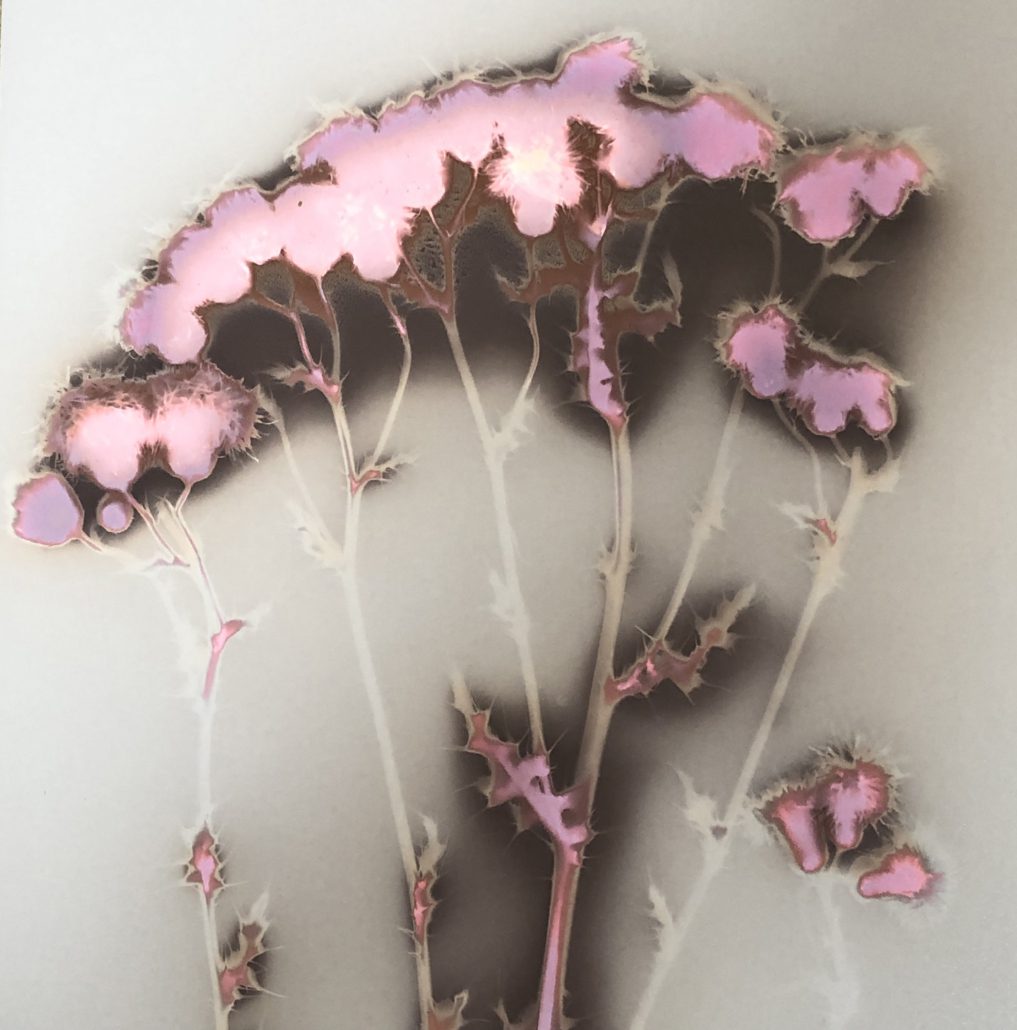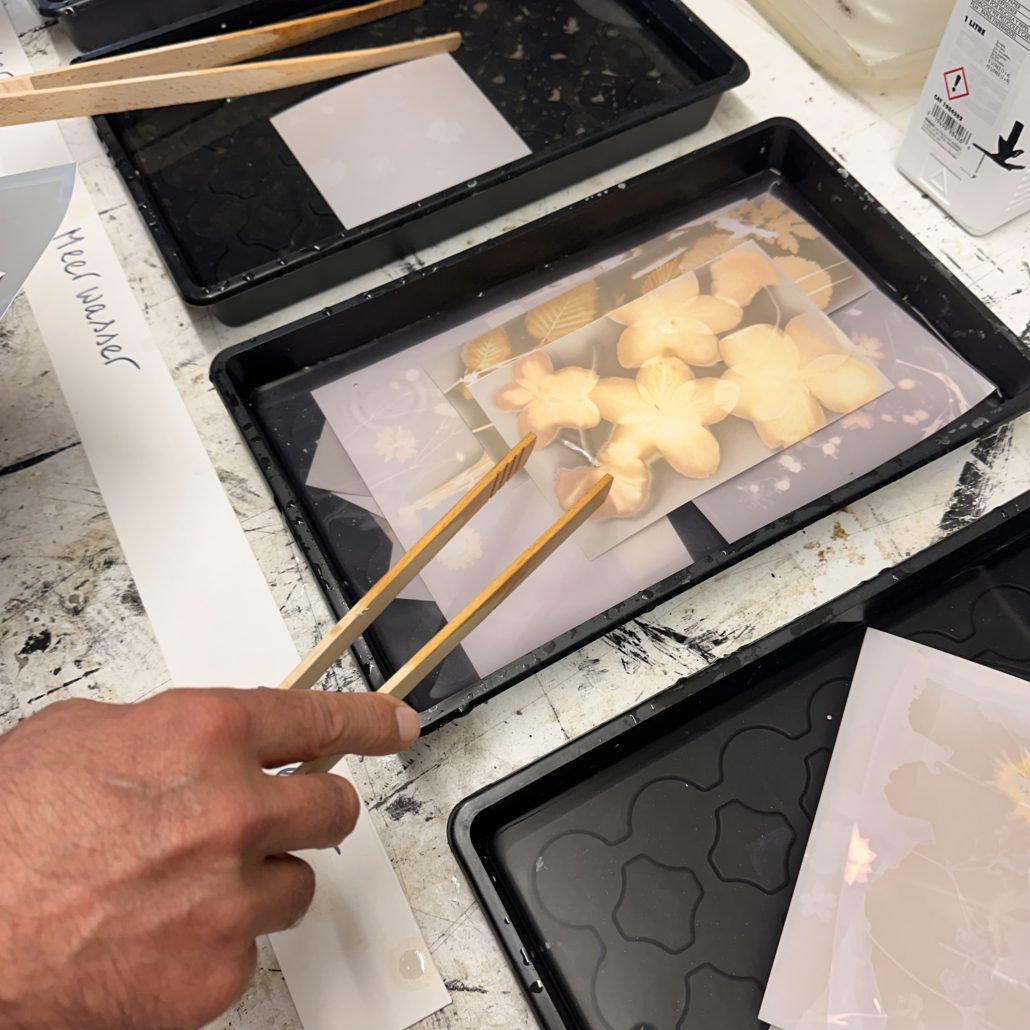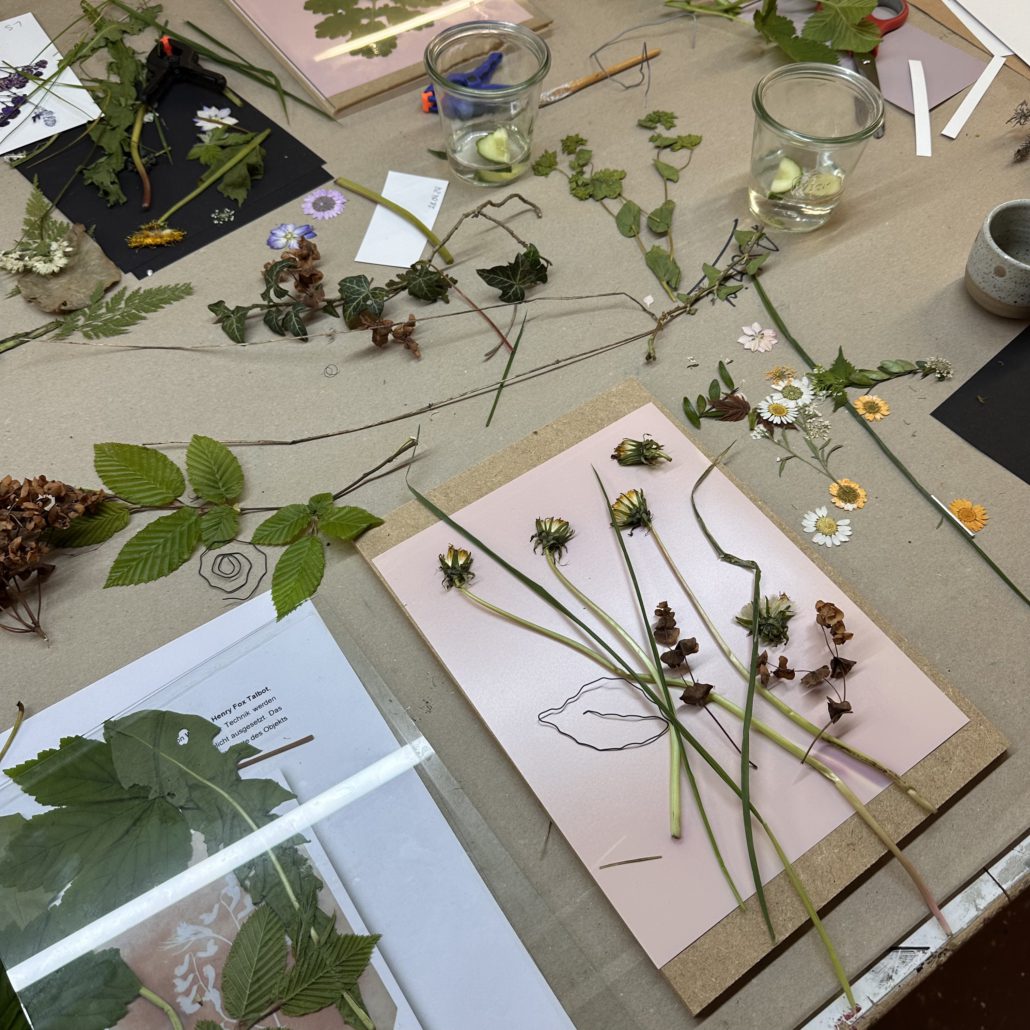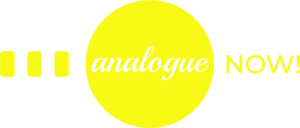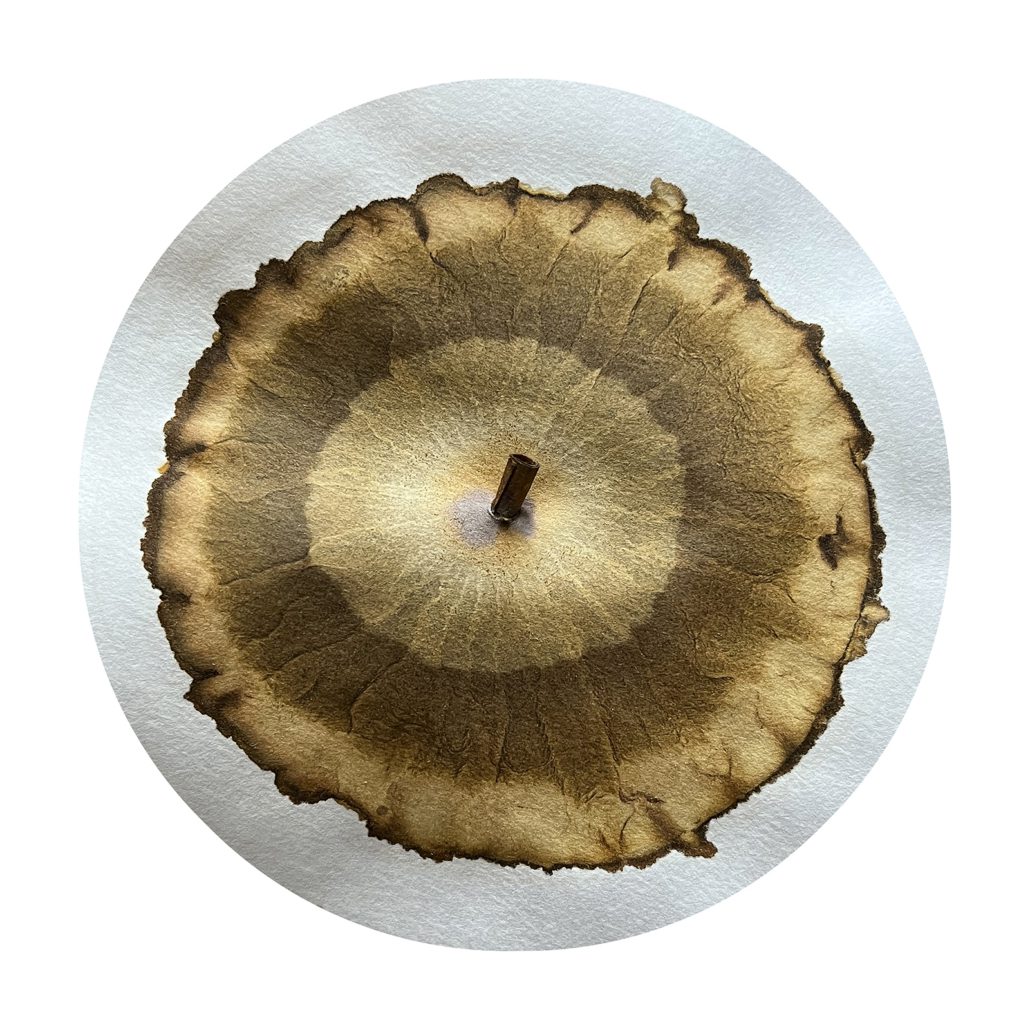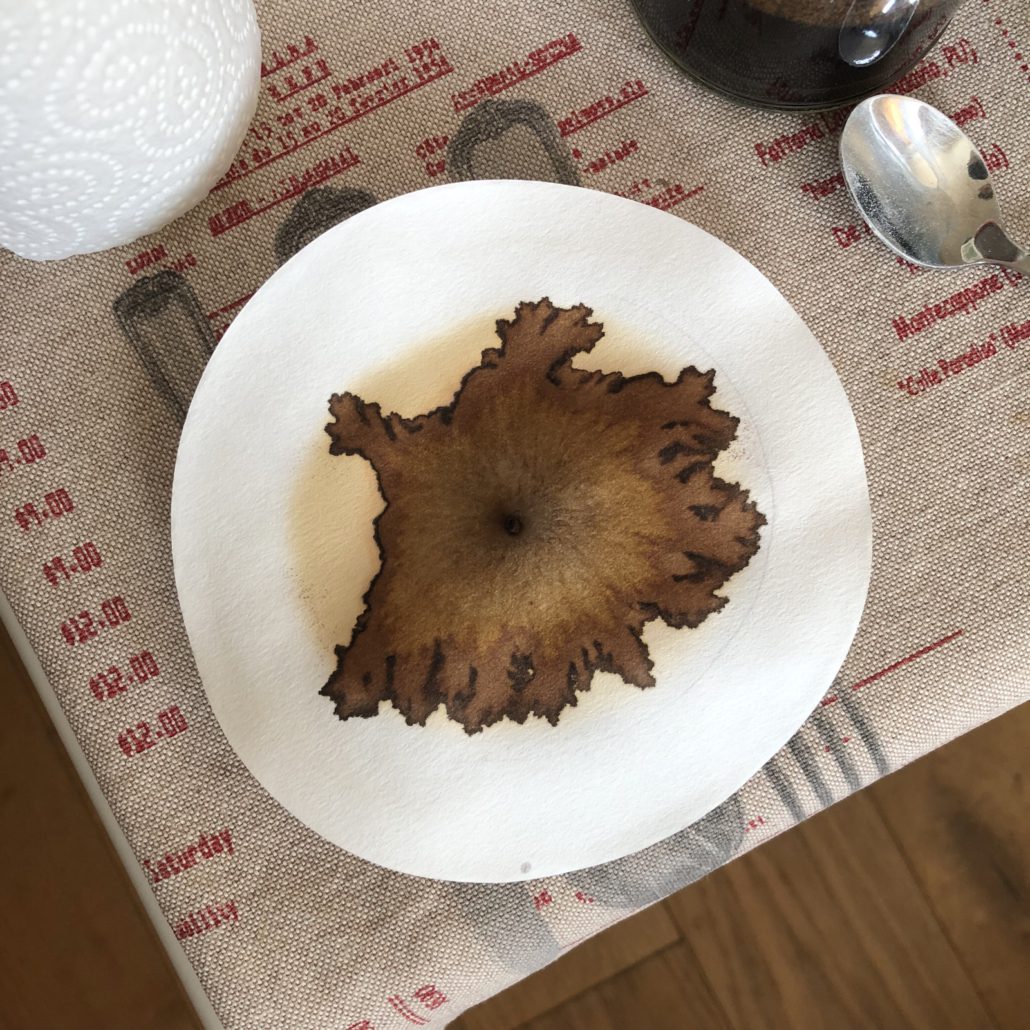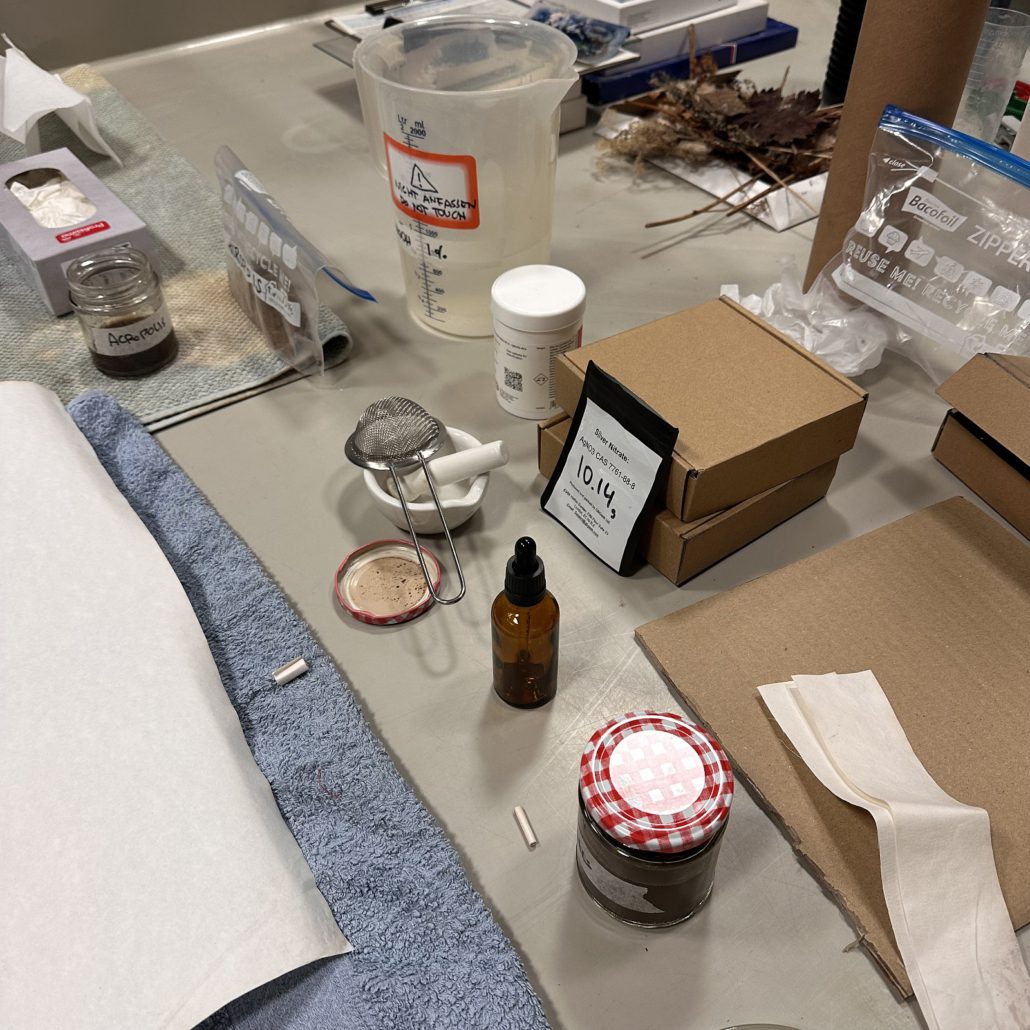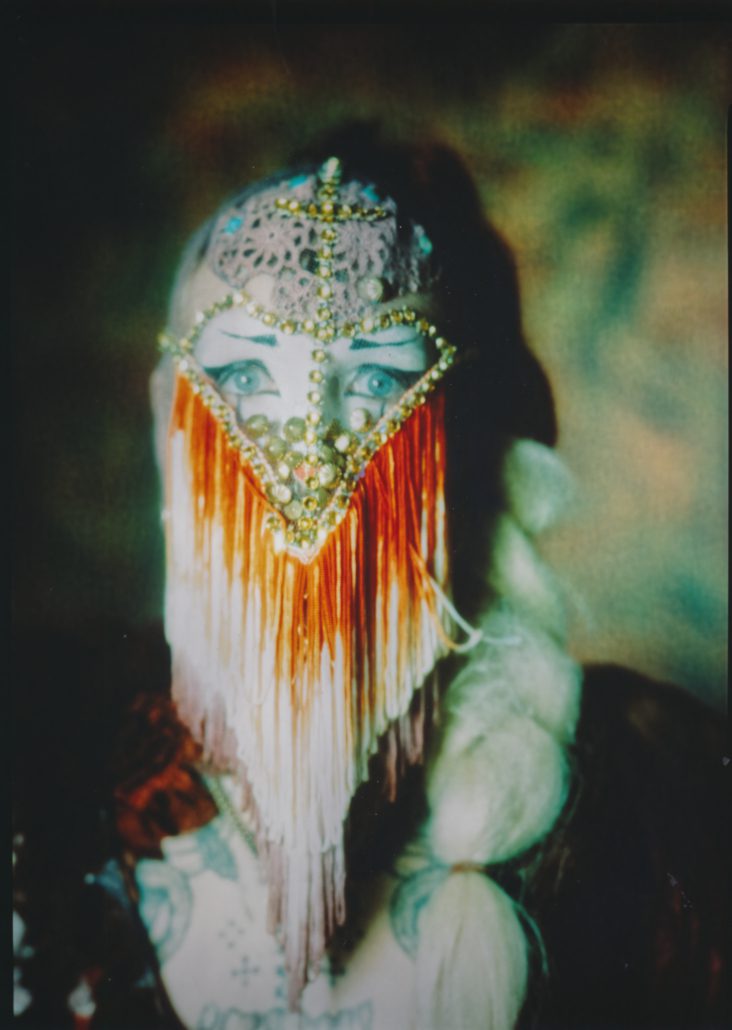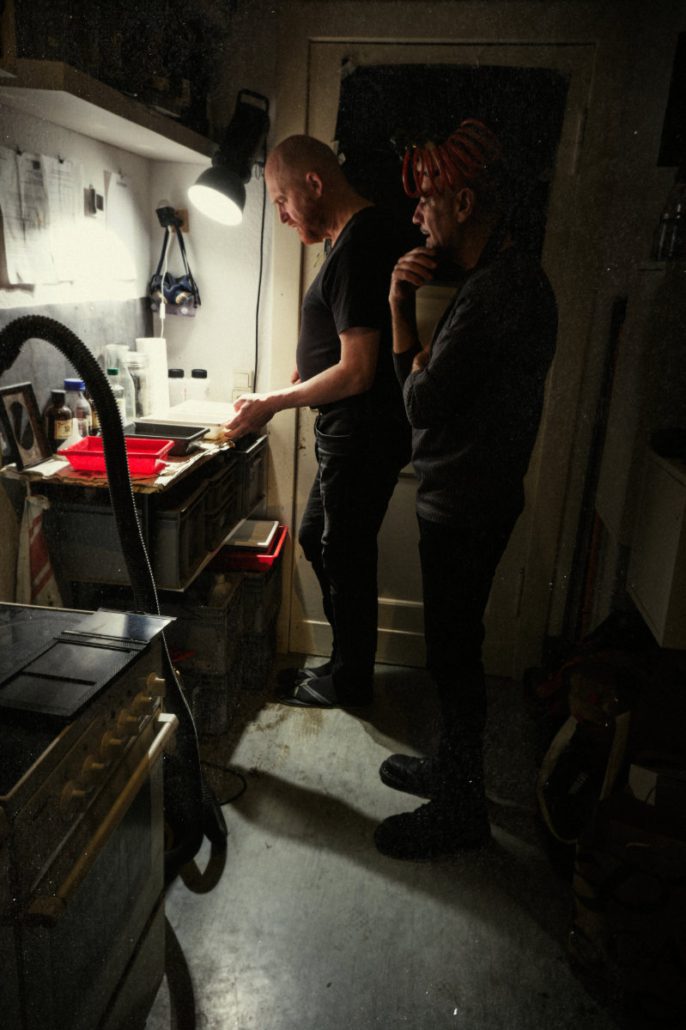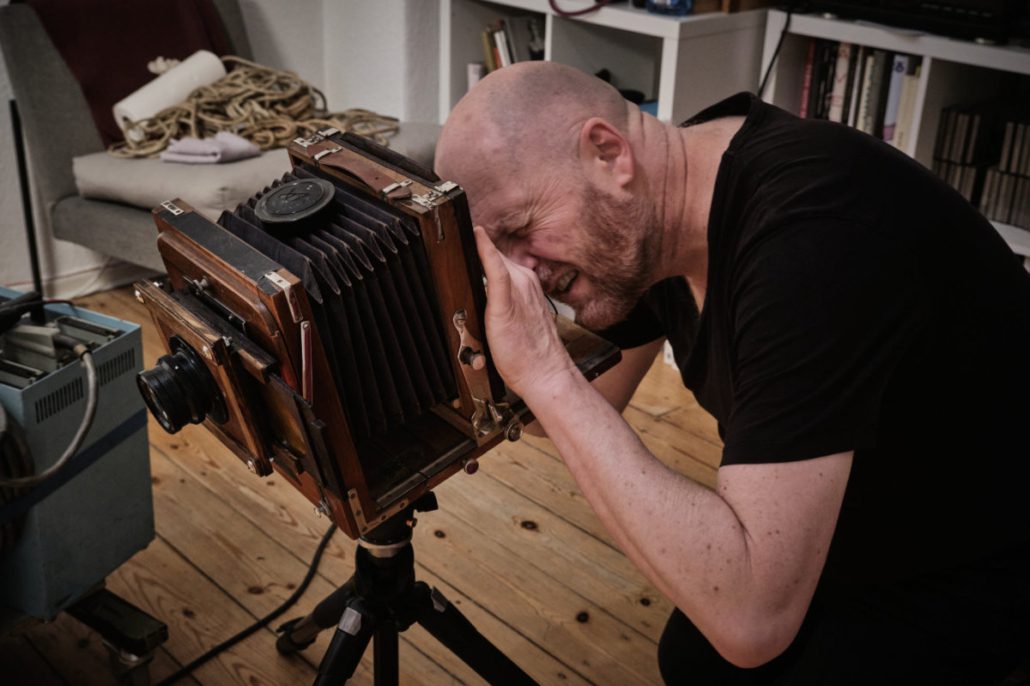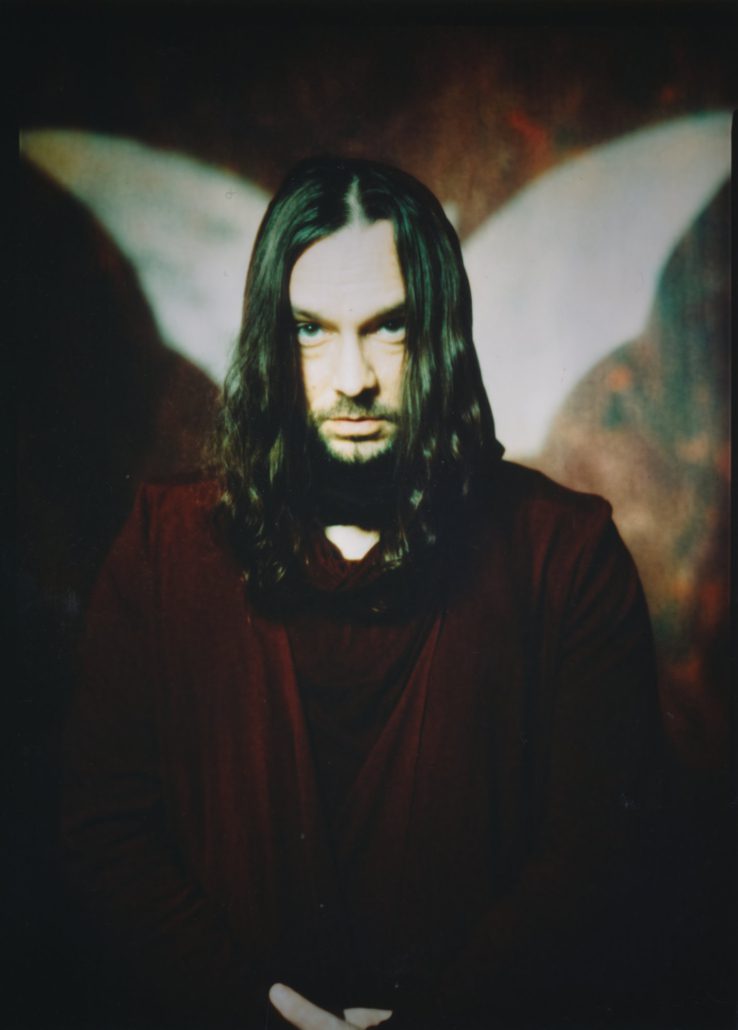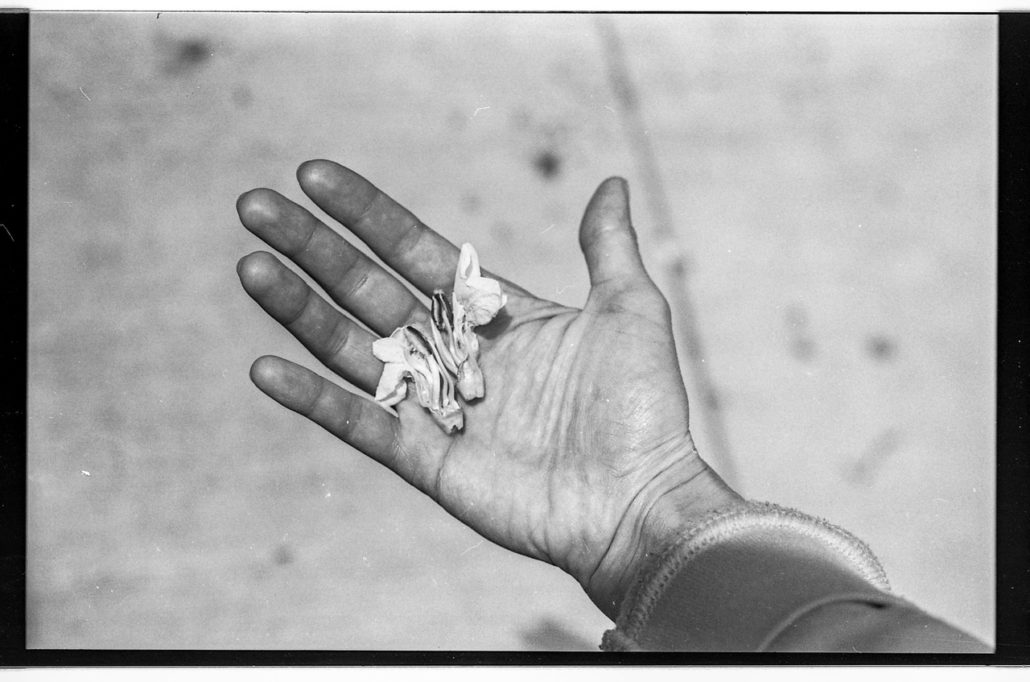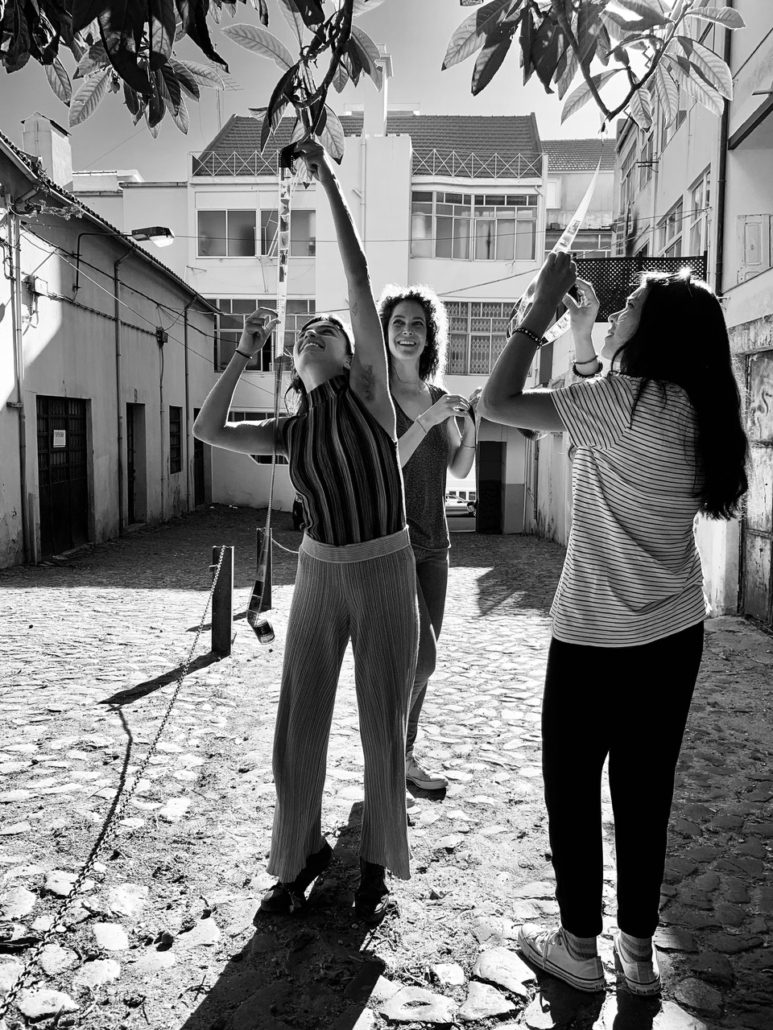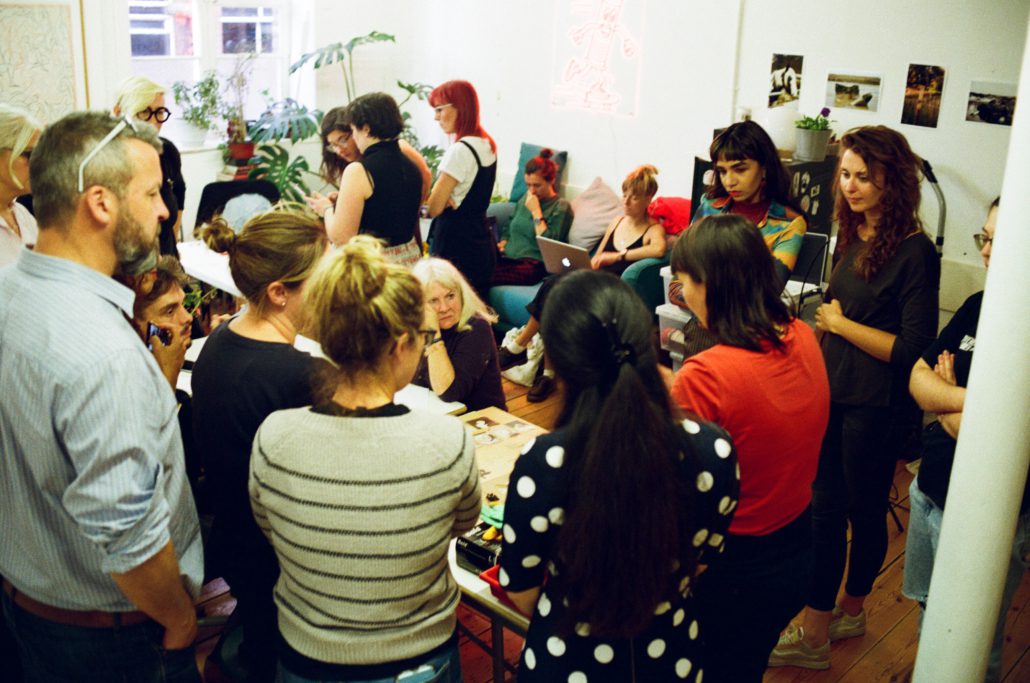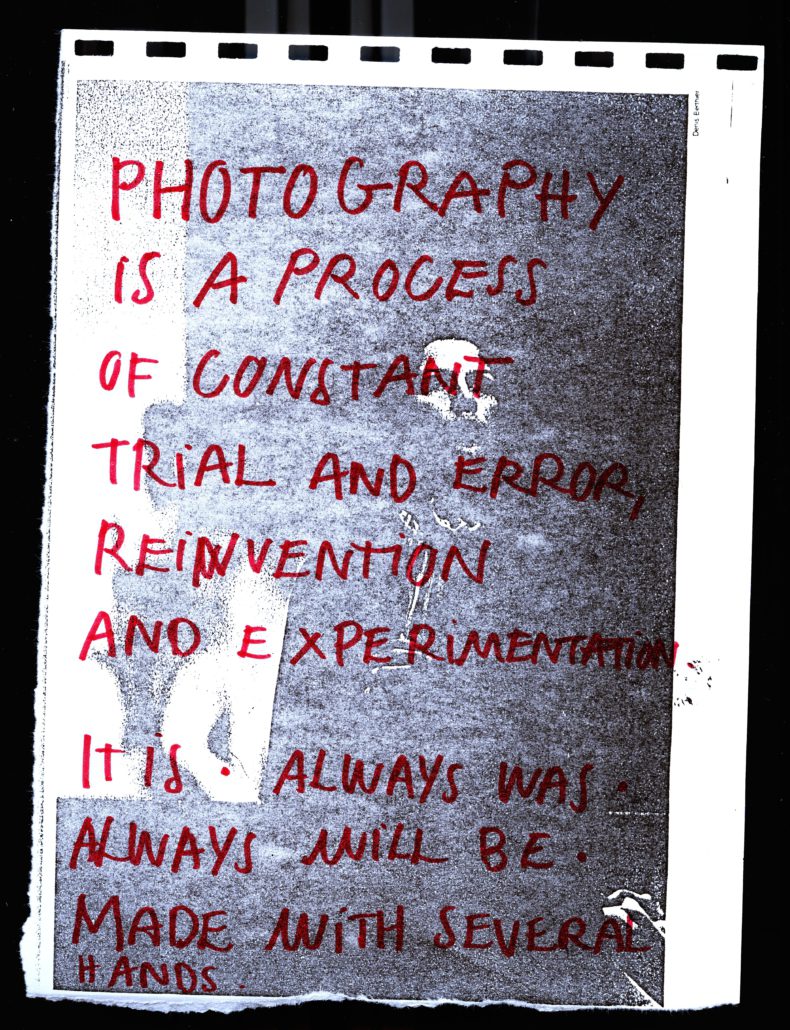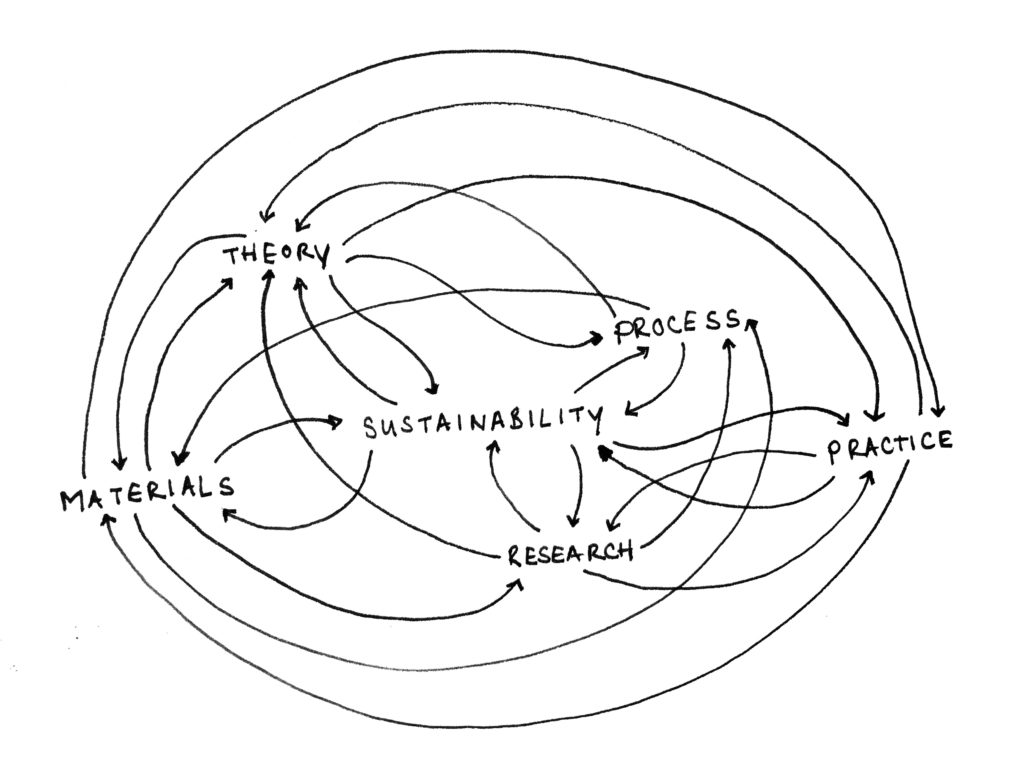Einführung in die Phyto-Lumen-Kunst mit Aindreas Scholz
Die Veranstaltung richtet sich sowohl an Anfänger*innen als Fortgeschrittene die auf unkonventionelle Weise mit photosensiblen Materialien arbeiten möchten. Taucht ein in die kreativen Möglichkeiten der analogen und kameralosen Fotografie!
Lumen Prints sind Fotogramme, die durch Überbelichtung von Fotopapier mit UV-Licht entstehen. Beim Phytogramm werden die Gerbstoffe von Pflanzen in den Prozess der Bildentstehung einbezogen. Die Kombination der beiden Techniken kann traumhaft, überraschende Bilder hervorbringen, die in ihrer Existenz einzigartig sind.
Mit einem Fokus auf künstlerische Kompositionen werden die Teilnehmenden eigene Ideen entwickeln und mit verschiedenen Materialien experimentieren. Besonders Pflanzen und botanische Strukturen kommen hier zum Einsatz.
Inhalte des Workshops:
- Historische und aktuelle Verwendung von Lumenprints und Phytogrammen
- Sichere Vorbereitung der benötigten Chemikalien
- Vorbereitung verschiedener Pflanzenexemplare für den Druck
- Belichten, Entwickeln, Fixieren und Waschen der Prints
- Schutz, Lagerung und Archivierung von Abzügen
Freut euch auf interaktive Diskussionen und persönliche Betreuung während des gesamten Workshops.
Samstag 24. Mai | 13-16h
Dauer: 3 Stunden
Minimale Teilnehmer*innenzahl: 5
Maximale Teilnehmer*innenzahl: 12
Webseite:http://aindreasscholz.com/
Instagram: @aindreasscholz
